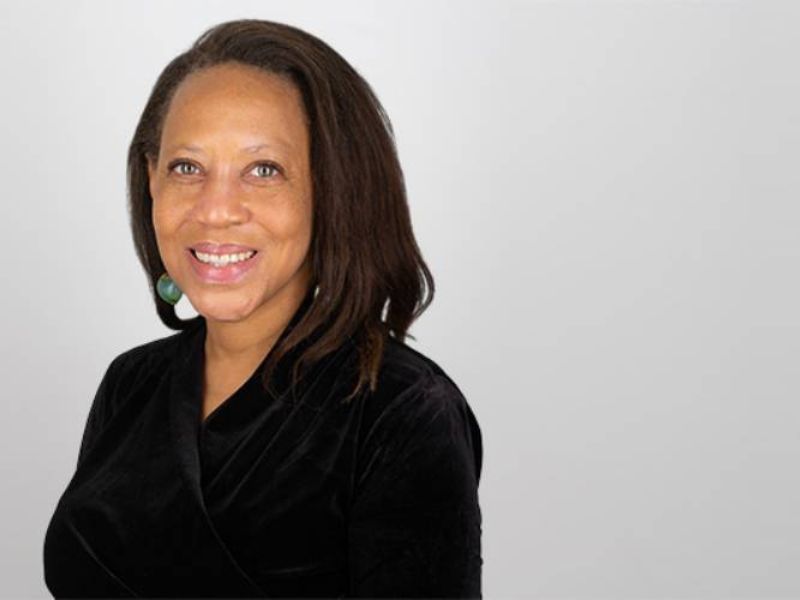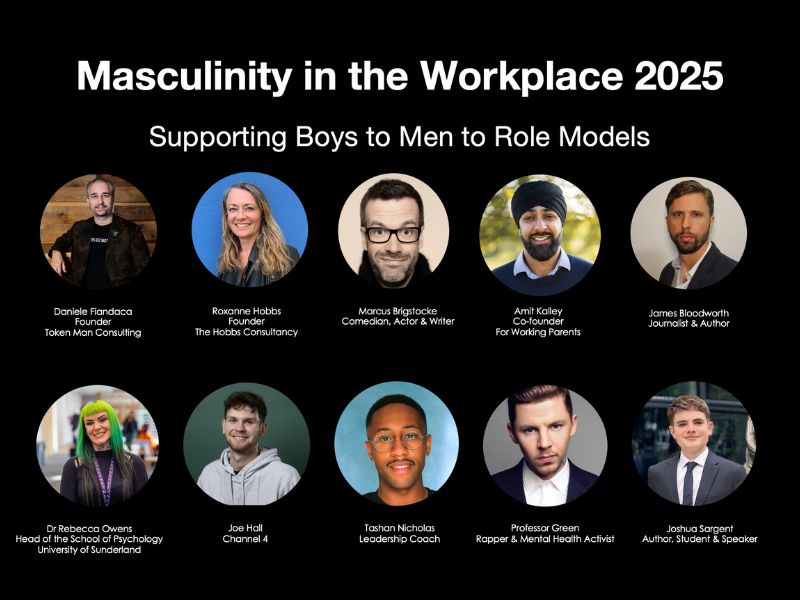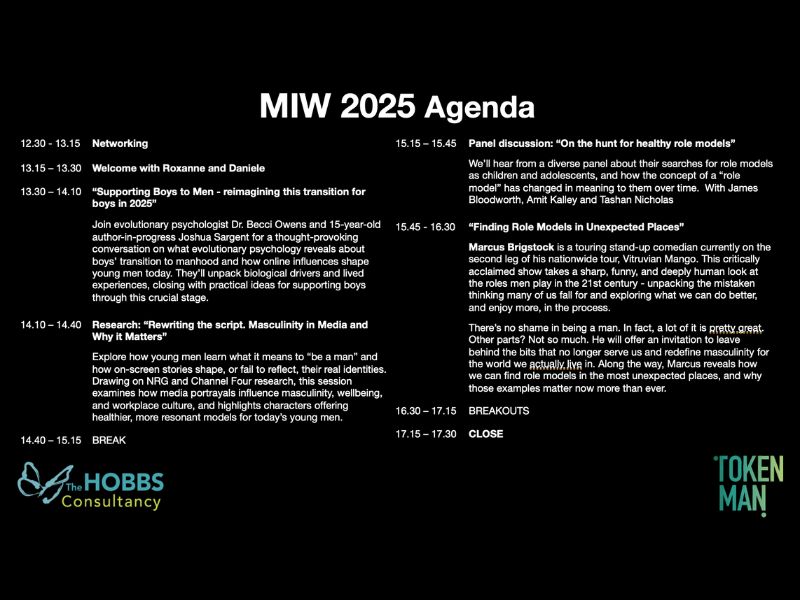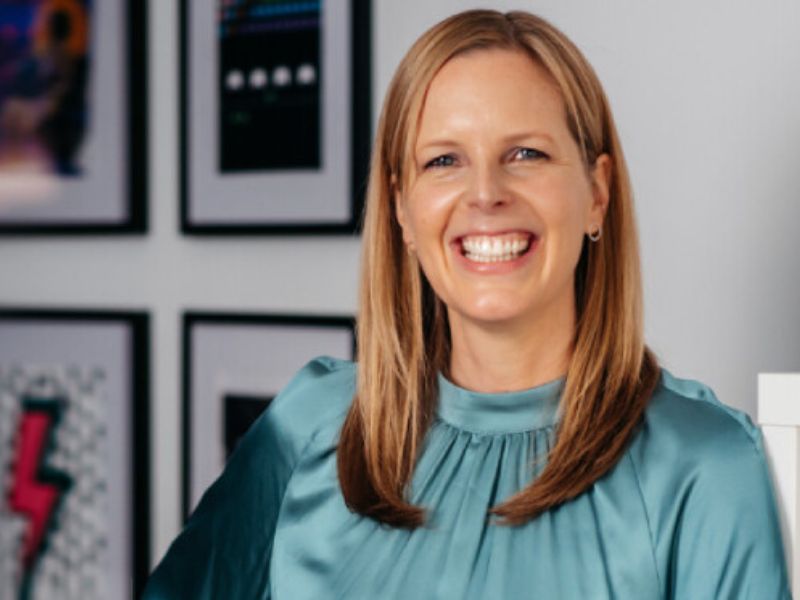Jenny Garrett OBE is an award-winning coach, author and one of the UK’s most sought-after Diversity & Inclusion speakers. With decades of experience empowering women in business and championing inclusive leadership, Jenny has worked with global organisations to build more equitable workplaces.
In this exclusive interview with The Champions Speakers Agency, she shares her personal motivations, explores the systemic and psychological barriers women still face in the workplace, and explains what inclusive leadership truly means in today’s world.
Q1: What personal experiences and values underpin your commitment to championing diversity and inclusion in the workplace?
Yeah, I think what drives me to fight for diversity and inclusion at work is really my core values. I’ve always had a core value around fairness. I’ve hated to see injustice—whether that was in the playground, in early career, in family, anywhere really—I hate to see unfairness, and I think that drives me.
But also my experiences. When I was in corporate life, I experienced microaggressions and different experiences that held me back. I also saw other people experience—whether that was bullying, racism, sexism, homophobia—I’ve seen all of these things, and I just don’t think we, in this day and age, should have this in our workplaces holding us back.
And I think my third reason is having a child, really. Having my daughter, wanting her to enter the world of work as a fair place, being on a level playing field, having an equity of opportunities. So those are the three reasons why I am really driving for diversity and inclusion at work.
Q2: In your view, what does truly inclusive leadership look like in today’s corporate environment?
Yeah, so inclusive leadership is about creating environments where everyone can thrive. But I think sometimes people think, “What does that actually mean?” I think it means that people don’t have to cover who they are to fit in—that they can show up as themselves, authentically, really embrace what makes them unique, and the organisation leverages that.
The organisation uses that uniqueness, that difference, appreciates it—and that means that the organisation becomes more agile, has better ideas, is able to compete better. So when you’re an inclusive leader, you bring the best out of everyone. You unlock their potential, you allow them to be themselves, and you celebrate that.
Q3: What practical steps can organisations take to create a workplace where women feel empowered and supported to lead?
I think that business leaders can better empower their female employees by really considering what are the barriers to their success. So really analysing the organisation—firstly, what’s getting in the way? Is it the way we work? Is it the inflexibility? Is it accessible to parents, people who want to be part-time, people who may take off some time for maternity leave?
So, understanding those barriers and obstacles and finding ways to remove them. I think also considering what the culture and the environment is like. Are there microaggressions? Are women asked to make the tea, do all of the supportive roles? You know, are they the ones who are not considered as leaders, but considered as followers or supporters of those leaders? Are they listened to in meetings? Are they interrupted?
So, understanding what’s going on in terms of microaggressions in the workplace as well. And I think also for women, it’s about understanding what’s holding us back. Some of it is also within us psychologically. Are we experiencing imposter syndrome because we’re in a male-dominated environment? So we’re not thinking that we’re good enough, and we’re feeling like we have to work harder and longer than anyone else to be successful.
Are we being assertive in the way that we communicate our needs and our ambitions? So I think a lot of it is structural, I think some of it’s about our quality behaviour, and I think a tiny bit of it is about us working on ourselves.
Q4: When speaking publicly, what actionable insights or inspiration do you aim to leave your audiences with?
People tell me what they take away from my public engagements is some practical inspiration. So, they’re inspired, they’re filled with ideas and motivation and inspiration—but it’s also very, very practical. It’s something that you can do tomorrow. It’s something that you can talk to someone about today.
And that’s really important to me. I’m a very pragmatic person. I don’t just want people to go away thinking, “That was great, I’m inspired,” but also do something as a result—and it makes me happiest when I meet people who have done so.
This exclusive interview with Jenny Garrett OBE was conducted by Megan Lupton of The Motivational Speakers Agency.











